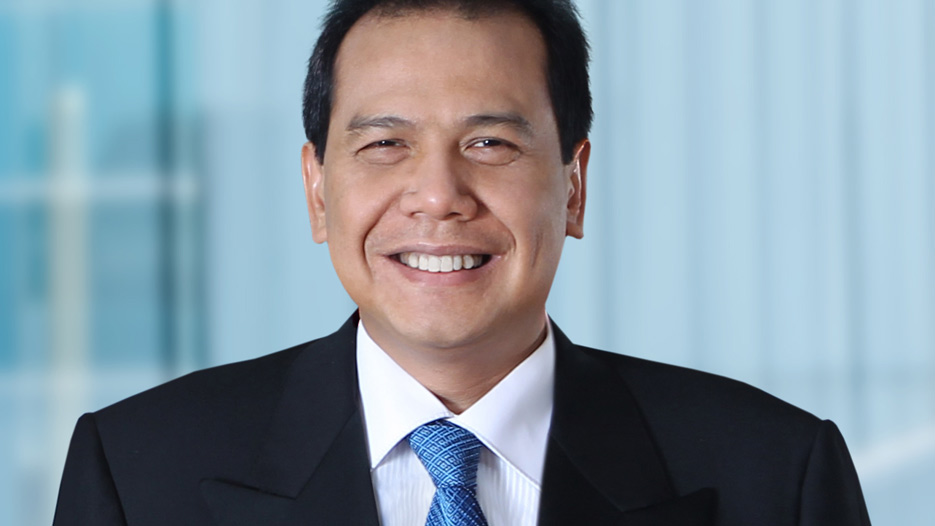Chairul Tanjung
$5 billion — Chairul Tanjung was ranked as Marcopolis’ #4 most powerful business man in Indonesia.

Although he spent six tough years training to become a dentist, Chairul Tanjung never planned to spend his days polishing teeth or filling root canals. Indonesia’s fifth-richest man merely wanted a cheap way to acquire a high-quality tertiary education. The business tycoon was voted as Marcopolis’ #4 most powerful businessman in Indonesia.
While this is not a typical route to entrepreneurial stardom, the straight-talking billionaire must have learnt some invaluable lessons that helped him go from dental student to factory owner before he bought a bank and, eventually, built up a sprawling media, retail and banking empire that is estimated by Forbes to be worth $3.4bn.
Positioning his CT Corporation (the initials are from his name) to capitalise on the decade-long, middle-class spending boom that has underpinned strong economic growth in Indonesia. His rise tracked the transformation of what was a basket case in the wake of the Asian financial crisis of 1997-98 into one of the world’s hottest emerging markets.
The 53-year-old is tapping this growing demand from both ends of the consumer spectrum. At the high end, he does this through control of the local distribution rights for fashion brands such as Hugo Boss, Tommy Hilfiger and Versace. At the lower end, he also owns shopping malls, indoor theme parks, a large bank, two popular free-to-air television stations and Indonesia’s leading news website, Detik.com, which he acquired in 2011 for $60m.
It was in banking that he got his first big break, at a time when Indonesia was mired in political, economic and social chaos. Having acquired a small bank, which he renamed Bank Mega, in 1995, the Asian financial crisis just two years later looked certain to be bad news for Mr. Tanjung. Yet as the rupiah plunged in value and other, more heavily indebted bank proprietors fled a country in flames, Mr. Tanjung sensed his chance. That financial success set him up for his next moves as he launched one of the first new TV stations of the democratic era, following the fall of the dictator General Suharto in 1998, and expanded into retail.
Whilst his opportunism was in evidence again much more recently when he took advantage of Carrefour’s legal and regulatory problems in Indonesia to acquire control of the French supermarket groups 84 local stores. Then as Carrefour struggled to fend off the European recession and a shareholder revolt, Mr. Tanjung took advantage once again last year, when he acquired the remaining 60 per cent of its Indonesian business for €525m, making him one of the biggest players in the local retail market.